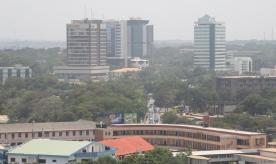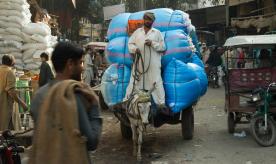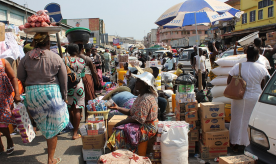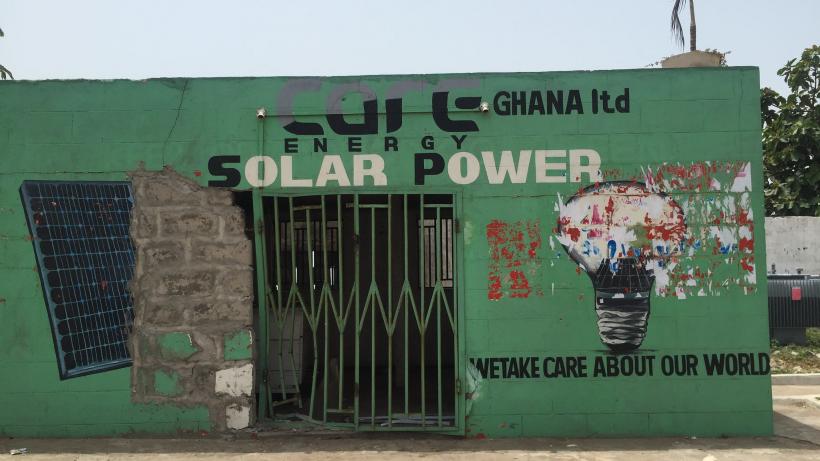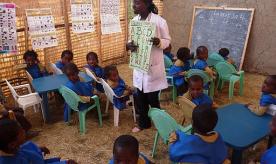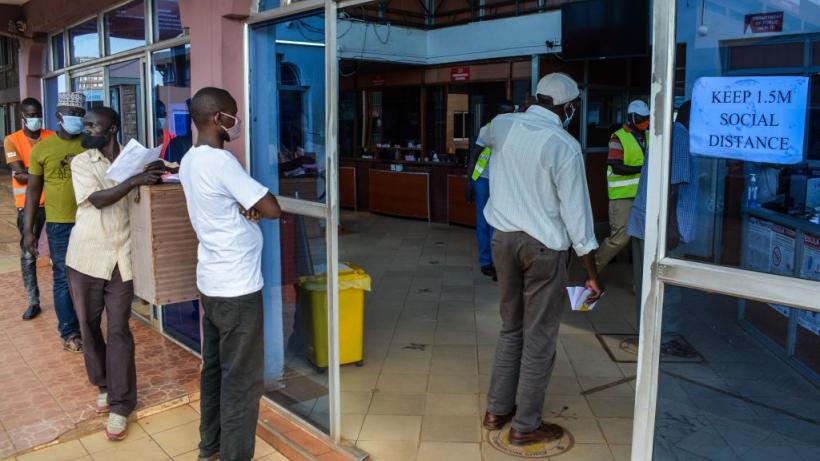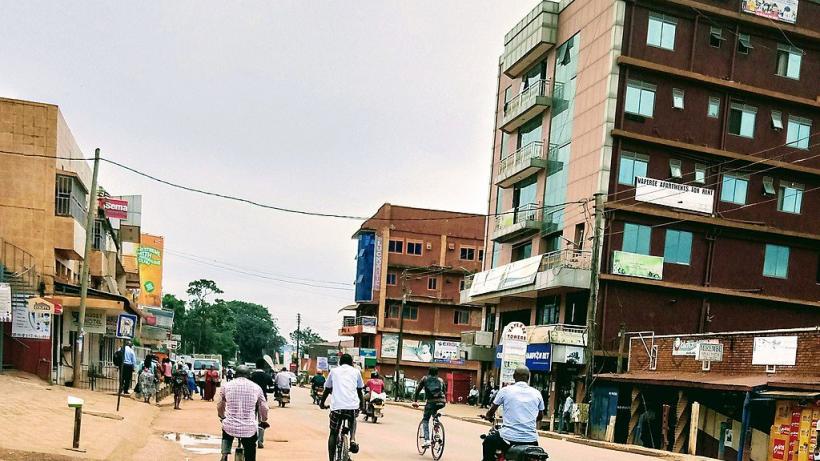
David Lagakos
- Associate Professor of Economics
- Boston University
Roles
Country advisors
IGC Staff
Researchers
Lead academics
David Lagakos is a Lead Academic for IGC Ghana.
David Lagakos is an Associate Professor of Economics at Boston University. He received his Ph.D in economics from UCLA. He has previously held positions at the Federal Reserve Bank of Minneapolis as well as UC San Diego and Arizona State University, and is currently a research associate with the Economic Fluctuations and Growth Group at the National Bureau of Economic Research. His research focuses on macroeconomic and growth theory. Much of his recent work examines productivity, particularly as it relates to agriculture and developing economies, as well as human capital.




